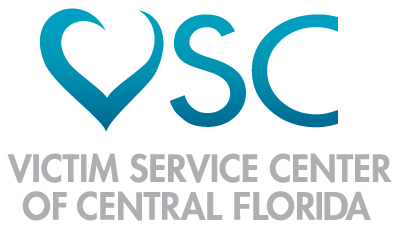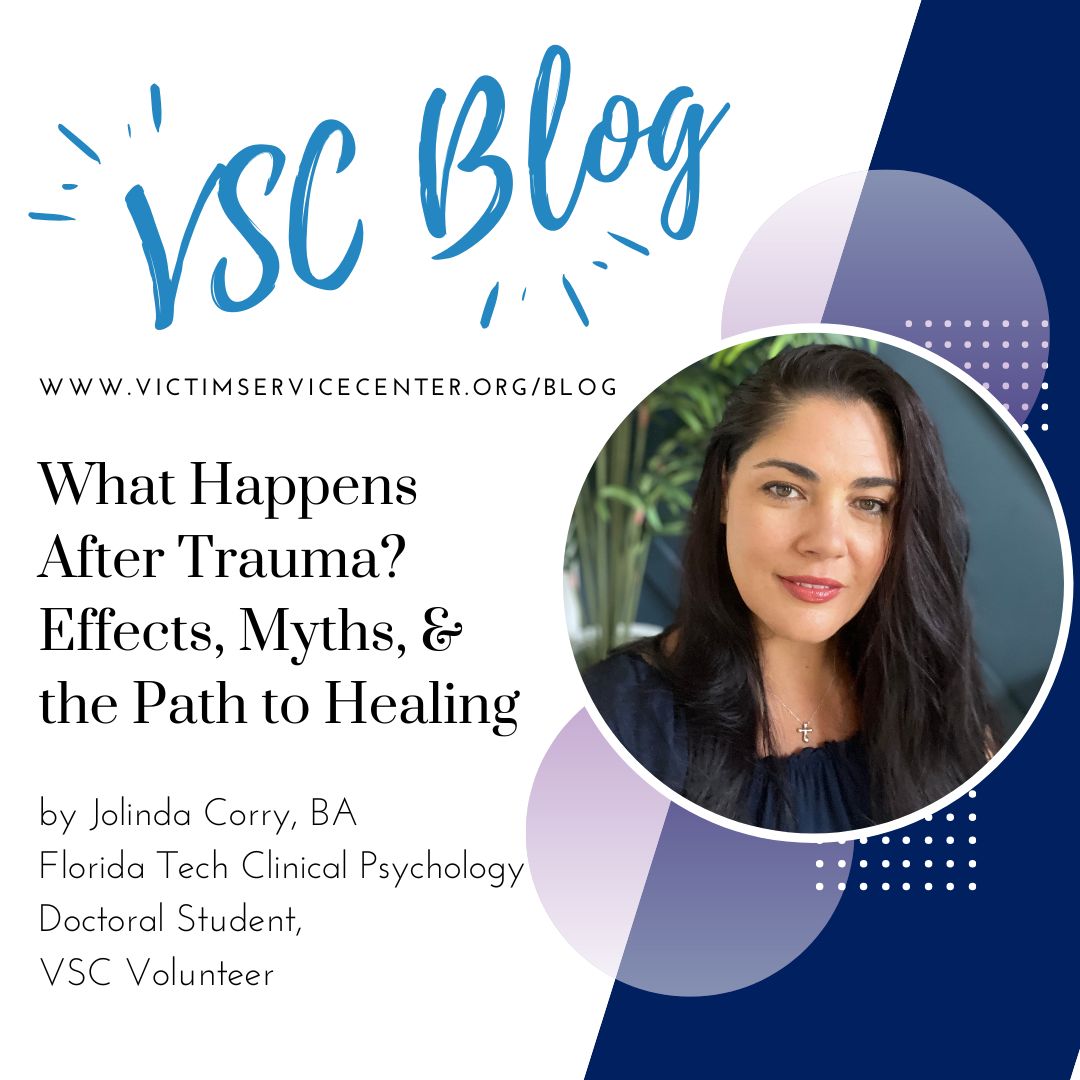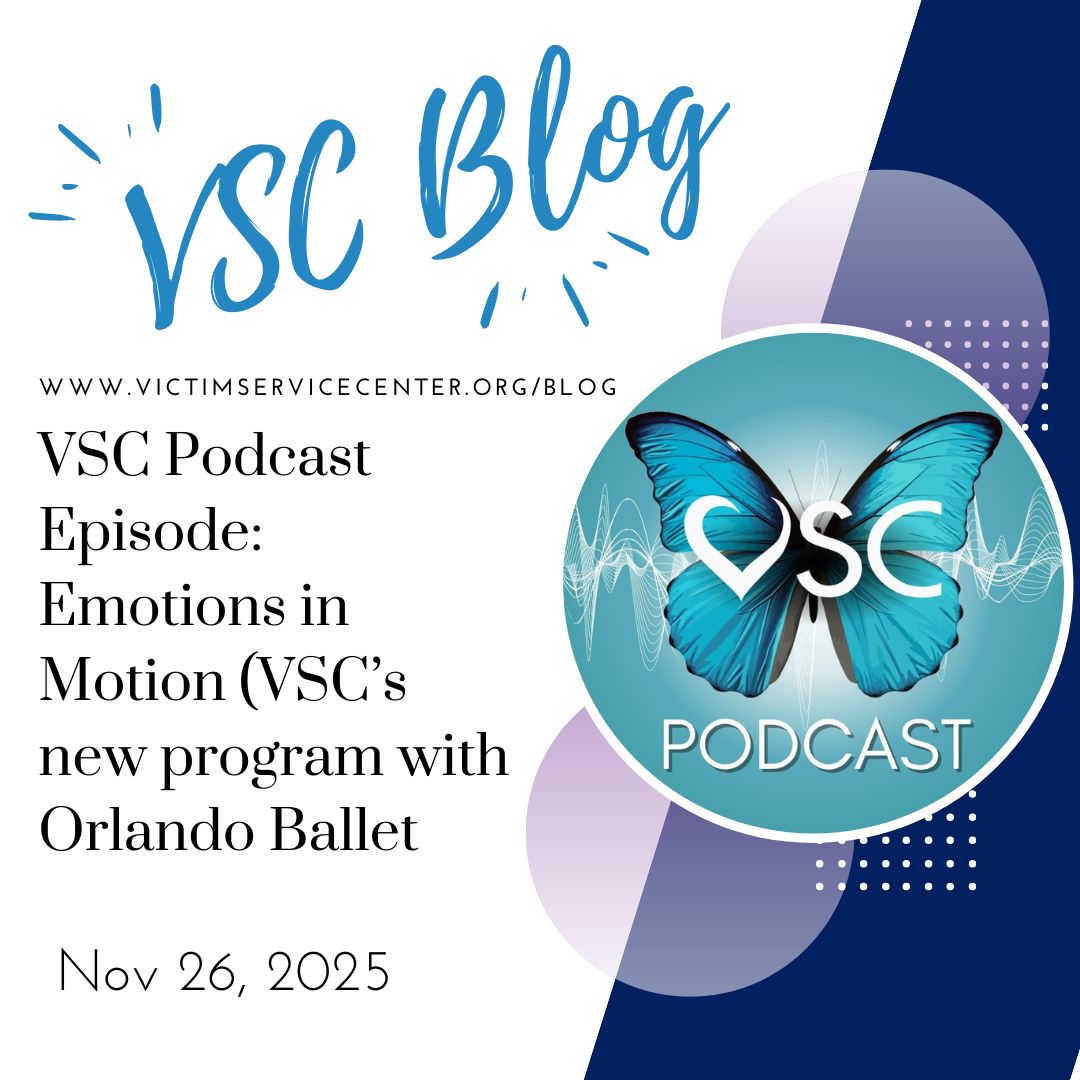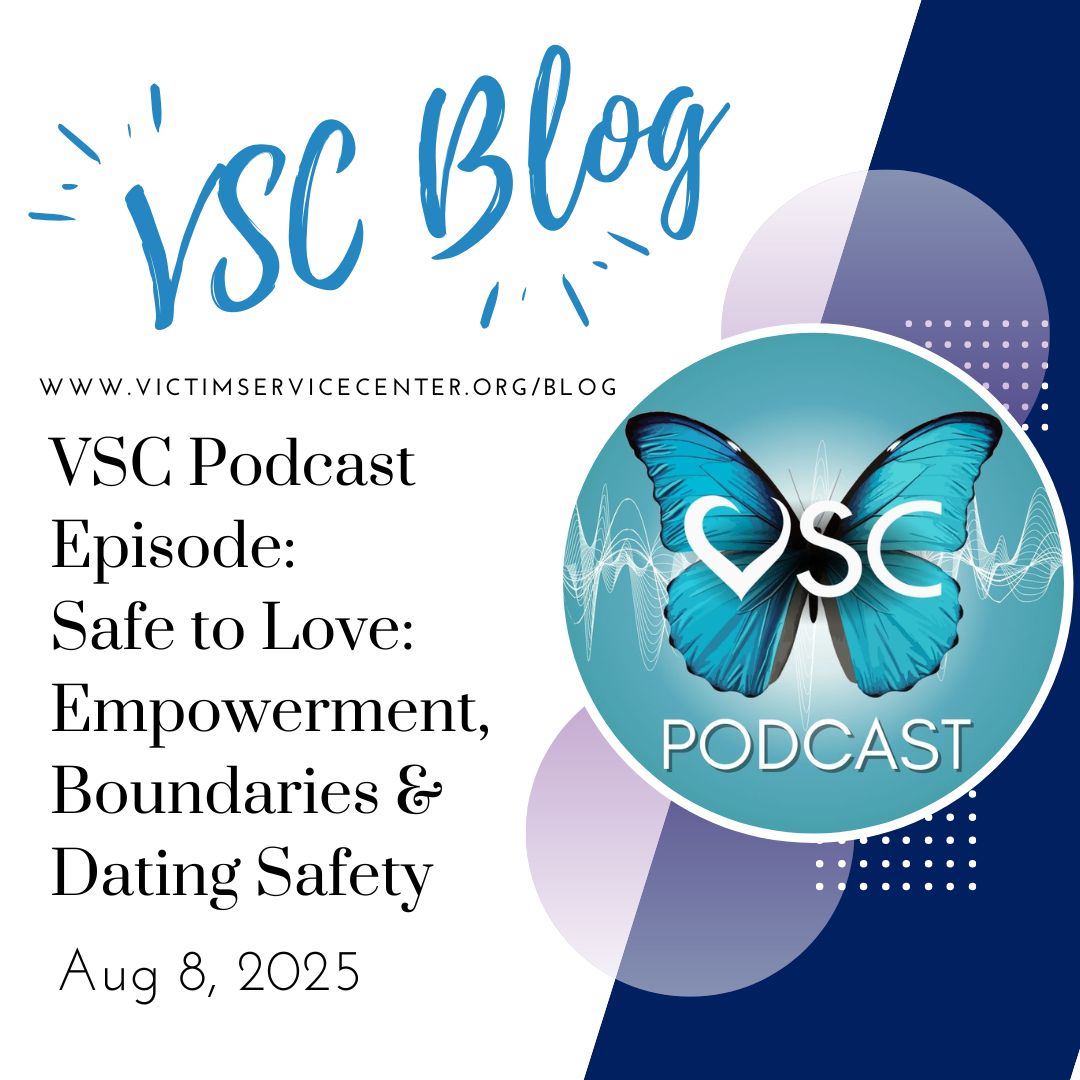
by Em Murphy (They/She), UCF Lavender Council Member, Sophomore Art Studio and Game Design Major
Dysphoria
It is Trans Awareness Week and Trans Day of Remembrance, so let’s talk about a very important part of being transgender– experiencing dysphoria. Dysphoria is a complex experience that differs from person to person. Some trans folk don’t even experience it.
Dysphoria is the distress/discomfort stemming from one’s gender identity not aligning with their biological sex. Dysphoria comes in three different forms, all happening at different times or in different combinations:
- Cognitive Dysphoria: In which a person’s mind/thoughts are against their gender identity, this is slightly less known, and can involve misgendering oneself or referencing their past self as a separate person
- Social Dysphoria: discomfort occurs when being perceived by others, this can be caused by being misgendered by others, and being titled incorrectly, and is extremely common in nonbinary folk
- Body Dysphoria: This one is the most well known, and has to do with discomfort with the person’s body, which can include a variety of things from height to genitals
I identify as nonbinary, and I use the pronouns They and She, but I prefer They. I’m still exploring the way I express myself and what makes me most comfortable.
I will tell you now, I’ve had one hell of a year, especially when it comes to looking further into my gender and who I am, or perhaps who I want to be. I may be preaching the idea of loving who you are, but I promise I was plagued with feeling like I wasn’t trans enough to consider myself nonbinary and I over thought it till I felt sick. Until I decided, I needed to just breathe, and let myself have the space to think. Rather, quarantine did. Quarantine has given me, if anything, far too much time to myself to think.
I’m definitely not the ideal stereotype of what a nonbinary person looks like. I’m bigger, very curvy, and it was, and still is, hard to pass as anything but a feminine identity. This is where my experience with dysphoria presented itself. I felt wrong, and a lot of the time I had difficulty perceiving myself or letting myself express my identity in certain ways. It fed into my anxiety, made me feel like I was out of place, and I felt myself drawing in, trying to blend into the background in order to not be perceived.
I honestly didn’t know how I wanted to be perceived as a person, but it wasn’t that. For a while in high school, I tried to reject the feeling that I now recognize as dysphoria, by being hyperfeminine. When I presented this way, I got the most compliments from family and friends and random strangers, so I thought, this must be the right answer. As time went on, I realized I wasn’t feeling any more comfortable in my body. I wasn’t happy, and I definitely wasn’t enjoying the compliments I was getting.
Eventually, I cringed away from the use of “she” as a pronoun. I looked at nonbinary people I saw in media and felt like I would never fit what I thought in my head was the blueprint, I wasn’t skinny enough, I didn’t look androgynous enough, the thought of doing anytype of transition scared me. So I thought I would never be perceived the way I wished I would.
Then as I moved forward, I realized there was no blueprint I needed to be following. There was nothing I had to do to be nonbinary, it was just a matter of saying it. I am nonbinary, no matter how others percieves me. No person, stereotype, or belief defines who you are as a person, in the end that is your decision to make and for others to respect.
Of course, that doesn’t make me immune to feeling dysphoria when I look in the mirror, or when I’m in a social situation when someone misgenders me. Even with the new confidence I’m trying to exude, sometimes it’s still hard to ignore negative feelings that can come along with it.
Gender Euphoria
Let’s talk about an experience I only recently felt for the first time, and it happened so casually that I felt speechless.
Gender Euphoria is almost the opposite of dysphoria, and usually happens when trans folk feel sound in their gender, whether socially, physically, or cognitively. This can be in social situations where their pronouns/names are used correctly or for things that make them feel more comfortable in their gender, like binding or wearing certain clothing. The trans community talks about it often and how experiencing it is different for everyone. For a long time, I thought I would never know what that feels like.
Then, my wonderful friend (and roommate) Kat existed and gave me one of my first experiences with gender euphoria.
Kat was one of the first people to take my pronouns in stride, when I had honestly accidentally outed the fact I was thinking about changing from using she/her to they/them. I felt myself get nervous and shaky, and it got hard to breathe. I was worried that she was going to be upset or angry, even though I honestly don’t think I’ve ever seen her raise her voice. She didn’t react negatively at all, she smiled and asked me if it was okay if she could use my pronouns, and if there was a name I would prefer.
Later that night, when we were discussing what we had done that day to our other roommates, in a random sentence, Kat used my pronouns. I froze. I completely forgot what I was talking about, my chest swelled with the warmest feeling, and I felt my eyes tear up.
The moment felt pivotal, there wasn’t any judgement or questioning or hesitation, she gave me the room to say whatever I felt necessary. Writing this now, I’m sure these instances sound small, but that’s the point. This moment, those 10 seconds on a car ride home, and a single sentence meant so much to me. The same thing has happened for so many other people in the trans community.
It’s not hard to go out of your way to make those in the transgender community more comfortable and supported, and to be an amazing ally! A small list of things to do in everyday life:
-Say your pronouns at the beginning of conversations
-Be supportive in use of other pronouns
-Make sure to stay educated on trans topics/activists/etc.
-Uplift those who do not have the same privilege as you in any way you can
-Listen to trans voices
Important resources for trans folk and for those who want to know more:
- Zebra Coalition
- The Center
- GLAAD
- GLESN → https://www.glsen.org/blog/heres-why-non-binary-students-need-allies https://www.glsen.org/activity/gender-triangle-education-guide
- https://transrespect.org/en/
VSC Resources
VSC is a safe place for people of all genders and gender expressions. If someone feels most comfortable seeing an advocate who identifies within the LGBTQ+ community, VSC has an advocate who works exclusively with LGBTQ+ clients. VSC respects the pronouns a client uses and can change pronouns and/or names as requested. Violence against trans and nonbinary people is unfortunately not uncommon, but VSC is ready to help clients who have experienced violence or trauma due to their gender by offering free counseling, advocacy, therapy, and support groups. Call our office to learn more, or if in a criss our 24/7 helpline is always there (407) 500-HEAL.



